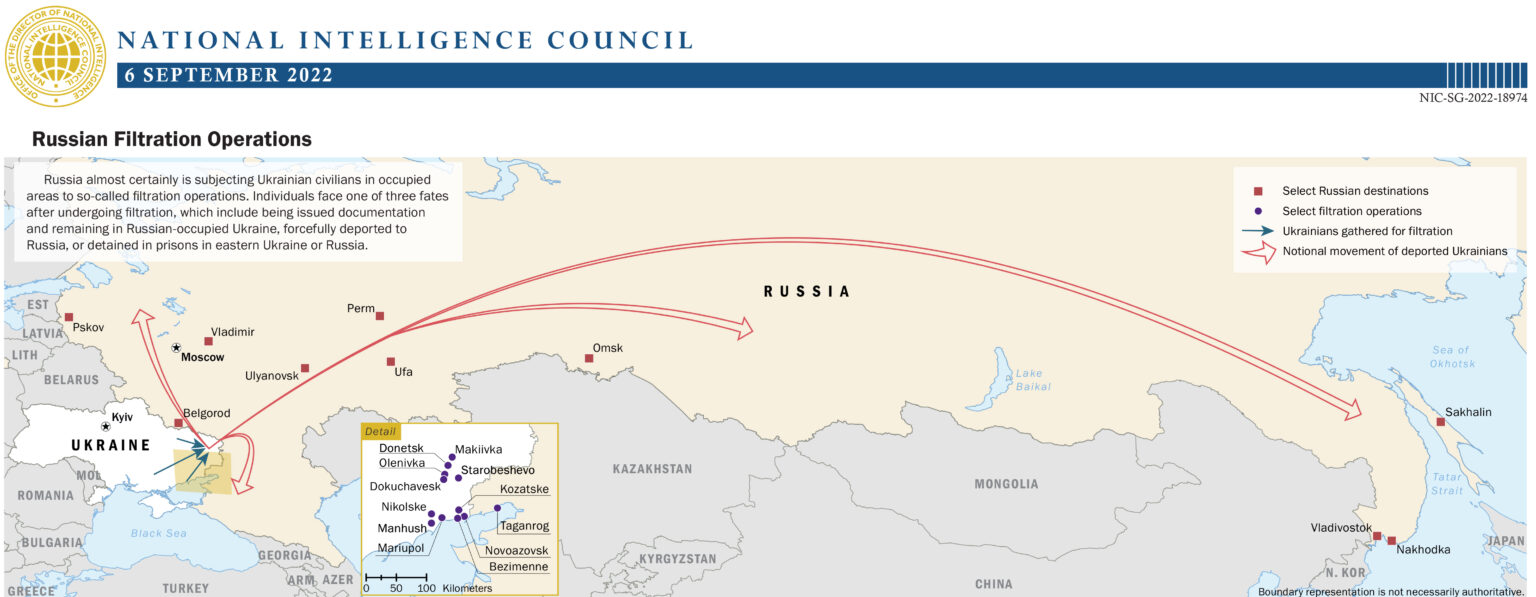Then lastly on Sweden. First of all, it is historic that now Finland is member of the Alliance. And we have to remember the background. The background was that President Putin declared in the autumn of 2021, and actually sent a draft treaty that they wanted NATO to sign, to promise no more NATO enlargement. That was what he sent us. And was a pre-condition for not invade Ukraine. Of course we didn't sign that.
The opposite happened. He wanted us to sign that promise, never to enlarge NATO. He wanted us to remove our military infrastructure in all Allies that have joined NATO since 1997, meaning half of NATO, all the Central and Eastern Europe, we should remove NATO from that part of our Alliance, introducing some kind of B, or second class membership. We rejected that.
So he went to war to prevent NATO, more NATO, close to his borders. He has got the exact opposite. He has got more NATO presence in eastern part of the Alliance and he has also seen that Finland has already joined the Alliance and Sweden will soon be a full member. Because at Vilnius Summit, we agreed a statement where it was clearly expressed how Sweden will do more, follow up the agreement we had in Madrid on fighting terrorism, and also address issues related to export of military equipment, and then Türkiye made it clear that they will ratify as soon as possible.
https://www.nato.int/cps/en/natohq/opinions_218172.htm
What were the reasons behind Russia's opposition to NATO enlargement? Despite NATO being originally designed as a defensive alliance rather than a military pact targeting Russia, why did Russia express concern and propose a treaty urging NATO to commit to halting its enlargement?
